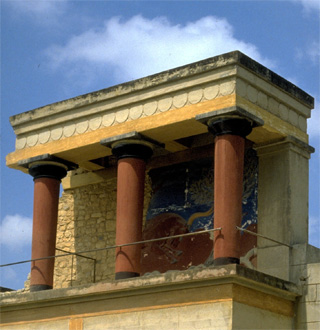Home » Course Layouts » Free Course Layout Udemy
In this seminar, students will design and perfect a digital environment to house the activities of large-scale organizations of people making bottom-up decisions, such as with citizen-government affairs, voting corporate shareholders or voting members of global non-profits and labor unions
0
English
English [CC]
- Learn basic syntax that can apply to any language.
- Learn what is a programming language and the basic concepts for beginners.
- Understand what is Javascript in it's truest form.
- Know the basic syntax of Javascript.
- Know some hidden quirks in Javascript.
Description
A working Open Source prototype created last semester will be used as the starting point, featuring collaborative filtering and electronic agent technology pioneered at the Media Lab. This course focuses on development of online spaces as part of an interdependent human environment, including physical architectures, mapped work processes and social/political dimensions.
A cross-disciplinary approach will be taken; students with background in architecture, urban planning, law, cognition, business, digital media and computer science are encouraged to participate. No prior technical knowledge is necessary, though a rudimentary understanding of web page creation is helpful.
Course content
- Overview Unlimited
- First Principles and Design Requirements Unlimited
- Collaborative Filters for Community and Governance: “Can We All Now Finally Talk At Once?” Unlimited
- Perspectives on the Central Role of Open Source Code for Participatory Governance: Human Laws / Coded Conditionals Unlimited
- Echoes from History: Language of Participatory Democracy and Self-Governance Unlimited
- Slashdot as Example Unlimited
- Name and Identity Unlimited
- Identity, Input, and Output Unlimited
- Transactions Unlimited
- Disputes Unlimited
N.A
- 5 stars0
- 4 stars0
- 3 stars0
- 2 stars0
- 1 stars0
No Reviews found for this course.










